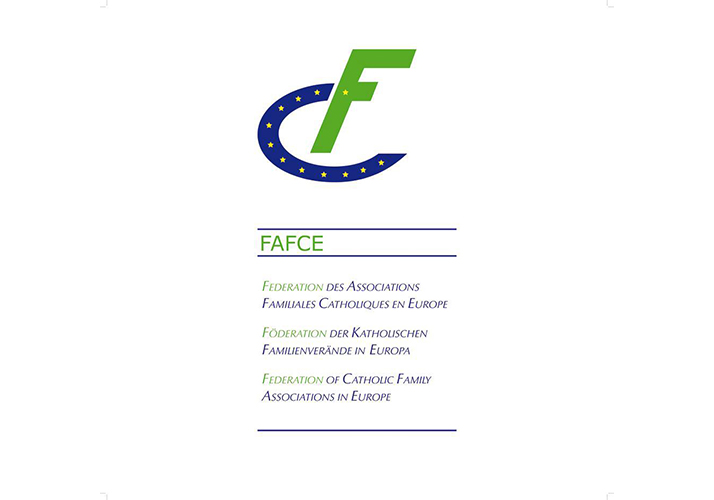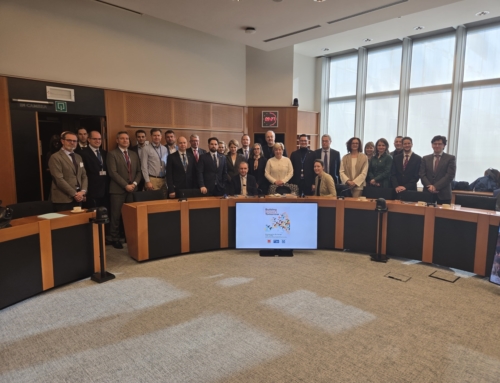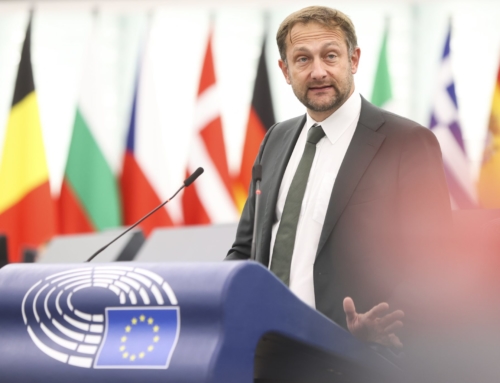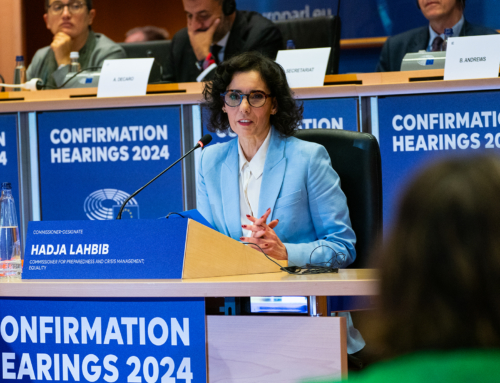On 2 February, the European Parliament adopted a resolution on Cross-border Aspects of Adoptions, regarding the mutual recognition of domestic adoptions between EU Member States.
The resolution calls on the European Commission to begin a legislative procedure in view of an automatic recognition of adoptions between Member States, through the creation of a European Certificate of Adoption. The procedure would avoid that adoptive parents have to go through a legal process to obtain a certificate of recognition of their adoption if they move to another Member State.
At a first glimpse, the resolution seems to be quite balanced. Nevertheless, article 11 states that “The recognition of domestic adoption orders should be automatic unless (…) such recognition would be manifestly contrary to the public policy of the recognising Member State, as interpreted in accordance with Article 21 of the Charter of Fundamental Rights of the European Union” (non-discrimination).
Article 11 undermines the principle of subsidiarity, leaving an open door to subjective interpretations, for example with regard to surrogacy arrangements, or when two persons of the same sex want to be recognised as parents in a Member State that does not allow adoptions by two adults of the same sex. This could create a fertile ground for conflicts among Member States and generate pressures to legalise adoptions by people of the same sex in all Member States.
The resolution was adopted by a majority of MEPs (533 in favour, 41 against, 72 abstentions), but the European Commission is not obliged to follow the recommendation of the European Parliament.However, it has to explain its reasons, if it chooses not to follow the Parliament’s resolution.







